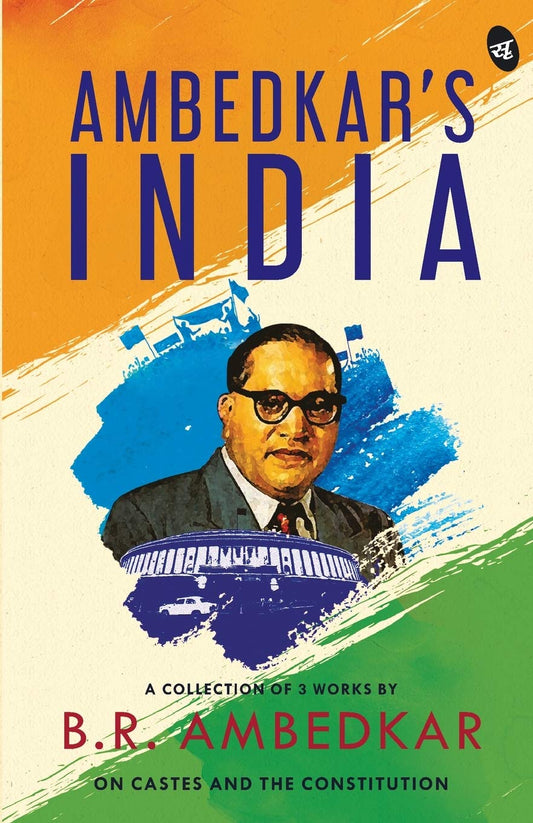As avid readers, we often find ourselves reaching for a new book with excitement and anticipation. The promise of a captivating story or new knowledge pulls us in. However, not every book will live up to those expectations. At some point, you may find yourself struggling with a book that you just can’t connect with, and the question arises: Should I keep reading, or is it time to stop?
The idea of stopping a book can feel like a failure for many readers. We are often conditioned to finish what we start, and there’s a common belief that giving up on a book means you’re not dedicated enough. But here’s the truth: You don’t have to finish every book you start. Knowing when to stop reading a book is an important skill that can help you manage your time, enjoy your reading experience, and discover new books you’ll love.
In this blog post, we’ll explore when it’s time to stop reading a book, how to recognize the signs that it’s not for you, and why it’s okay to put a book down without guilt.
1. The Book Isn’t Engaging You
The Sign:
One of the most obvious signs that it’s time to stop reading a book is when it no longer captures your interest. You find yourself distracted, daydreaming, or constantly looking at the page count to see how much longer you have until you’re finished. You’ve tried to push through, but the book just doesn’t grip you.
Why It’s Okay to Stop:
Books should ignite your curiosity, entertain, or offer insight. If you’re not excited to turn the page or the story feels flat, there’s no reason to continue torturing yourself. Countless other books could be far more engaging and enjoyable for you.
What to Do Next:
If the book doesn’t spark your interest after a few chapters, consider putting it down. Take a step back and reflect on why it didn’t work for you. Was it the writing style? The characters? The plot? This can help guide your future choices and ensure that your reading time is spent on books that truly resonate with you.
2. The Plot or Content Feels Repetitive
The Sign:
Sometimes, a book starts strong, but after a while, you begin to feel like you’re reading the same thing over and over. Maybe the plot is predictable, or the content doesn’t bring anything new to the table. You’re no longer excited to see what happens next because you can already guess the outcome.
Why It’s Okay to Stop:
Books, especially those with a repetitive plot or content, can become a drag. You’ve already invested time, but if you feel like you’re reading a recycled version of what you’ve already encountered, it’s okay to stop. You’re not obligated to finish a book that no longer excites or challenges you.
What to Do Next:
If you find yourself getting bored because of repetition, permit yourself to move on. Look for books that offer more originality, a fresh perspective, or a plot that keeps you on your toes.
3. The Writing Style Doesn’t Appeal to You
The Sign:
Every author has a unique writing style. While some readers love lyrical prose, others may struggle with it. Some books are written in a dense or overly complex way, while others might have an overly simplistic or confusing style. If the writing is making you feel disconnected from the story or difficult to follow, it might be time to stop.
Why It’s Okay to Stop:
Reading should be an enjoyable experience, and the writing style plays a significant role in that. If the writing doesn’t flow well for you or if it actively annoys you, there’s no reason to continue. Everyone has preferences, and what works for one person may not work for another.
What to Do Next:
If you dislike the writing style, consider switching to another book by a different author or a different genre. Not every writing style will resonate with you, and that’s perfectly okay. Opt for a book whose style feels more natural and enjoyable for you.
4. You’re Not Connecting with the Characters
The Sign:
Characters are the heart of most books. If you’re not emotionally invested in the characters, it’s hard to care about their journey. Whether it’s because they feel flat, unlikeable, or underdeveloped, if you can’t relate to or care for the characters, the story will likely feel lackluster.
Why It’s Okay to Stop:
You don’t have to keep reading a book if you’re not invested in its characters. It’s a personal experience, and when characters fail to connect with you, it’s only natural to lose interest. Life’s too short to spend your time reading about people you don’t care about.
What to Do Next:
If you’ve given the book a fair chance and still don’t care about the characters, it’s okay to walk away. Find books with strong, relatable, or compelling characters that resonate with you emotionally.
5. The Book Feels Too Slow or Too Fast
The Sign:
Pacing plays a huge role in how enjoyable a book is. If the book feels like it’s dragging on with no real action or development, it can become frustrating. On the other hand, if it’s moving too fast and you can’t keep up, the story might feel shallow and underdeveloped.
Why It’s Okay to Stop:
Books with pacing that doesn’t match your preference can make reading feel like a chore. Whether it's too slow and boring or too fast and shallow, neither scenario allows you to fully immerse yourself in the book. Recognize when the pacing is not working for you and move on to something that better suits your reading rhythm.
What to Do Next:
If the pacing isn’t working, you can either put the book down or take a break from it. Don’t force yourself to finish something that doesn’t feel right. Look for books with pacing that draws you in—whether that means slow-building tension or fast-paced action.
6. You’re Not Getting What You Expected from the Book
The Sign:
Sometimes, you pick up a book with high expectations—maybe it was highly recommended, or it seemed to have an intriguing premise. But after reading a few chapters, you realize it’s not delivering what you hoped for. The plot might not align with the synopsis, or the book might not be as impactful as you expected.
Why It’s Okay to Stop:
If the book doesn’t meet your expectations and you’re no longer finding enjoyment in it, it’s okay to stop. Reading should be a fulfilling experience, and when the book doesn’t live up to its promise, continuing might only lead to frustration.
What to Do Next:
It’s important to manage your expectations and listen to your instincts. If a book doesn’t live up to what you hoped for, there are plenty of other books that can give you the experience you’re looking for.
Final Thoughts
When you stop reading a book, you’re not failing. Instead, you’re allowing yourself to find something better. No rule says you must finish every book you start. If it’s not working for you, put it down and move on.
Reading is about enjoying the journey, and there are far too many books out there to waste your time on something that doesn’t bring you joy, knowledge, or entertainment. Trust your instincts, and remember that every book isn’t for everyone. Happy reading—on your terms!









